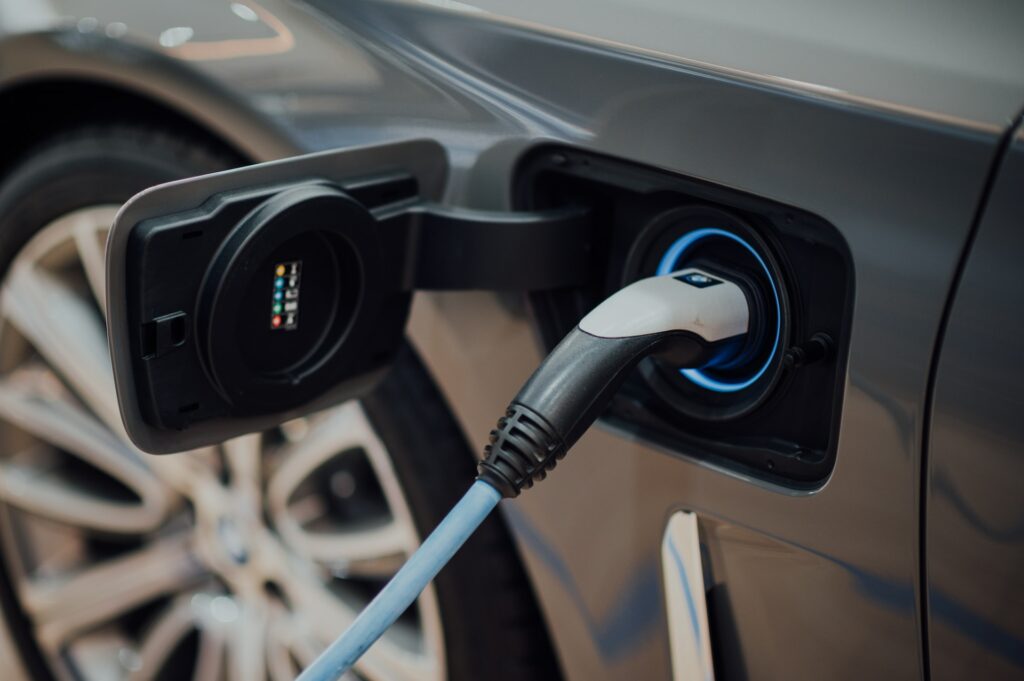


8 December, 2023
Earlier this week, landmark legislation requiring auto manufacturers to dramatically scale up the production of Electric Vehicles (EV) was passed through parliament, despite a revolt from a significant number of conservative MPs who deemed it ‘anti-consumer’ and ‘anti-motorist’.
The Zero Emission Vehicle (ZEV) mandate, which will come into force on 1 January 2024, requires car manufacturers to ensure 22% of cars sold in the UK next year generate no tailpipe emissions, rising to 33% in 2026, and 52% in 2028. This is an important feature of the UK Government’s roadmap to zero tailpipe emissions from new cars by 2035, hailed by the Green Alliance as a “significant boost” for decarbonising road transport and delivering cleaner air in the UK.
Recent research indicates only eight manufacturers currently meet or surpass the 22% threshold. The rest could face fines of £15,000 for every car short of their minimum quota, and £18,000 for each van. For example, it calculates Ford, with only 2% of its sales currently being electric vehicles would face fines of £424 million in 2024 alone. However, a trading mechanism would allow overperformers to trade ZEV credits to those who fall under the threshold – lessening potential losses. But the point remains – it will cost manufacturers dearly to do nothing.
Whilst clearly a concern for manufacturers who are not yet fully riding the EV wave, the industry has broadly welcomed the clarity provided by the legislation, following the mixed market signals sent by the Prime Minister’s decision to delay the ban on sales of new petrol and diesel cars from 2030 to 2035. However, dealerships who will be tasked with pushing electric vehicles may face a difficult 18 months – there are still legitimate concerns about whether the current charging infrastructure is robust and extensive enough to support a significant increase in EVs, which could negatively affect consumer demand. Greater emphasis on consumer incentivisation and infrastructure investment is needed to enable manufacturers to meet these targets, but it is a step in the right direction.
By Budd Nicholson